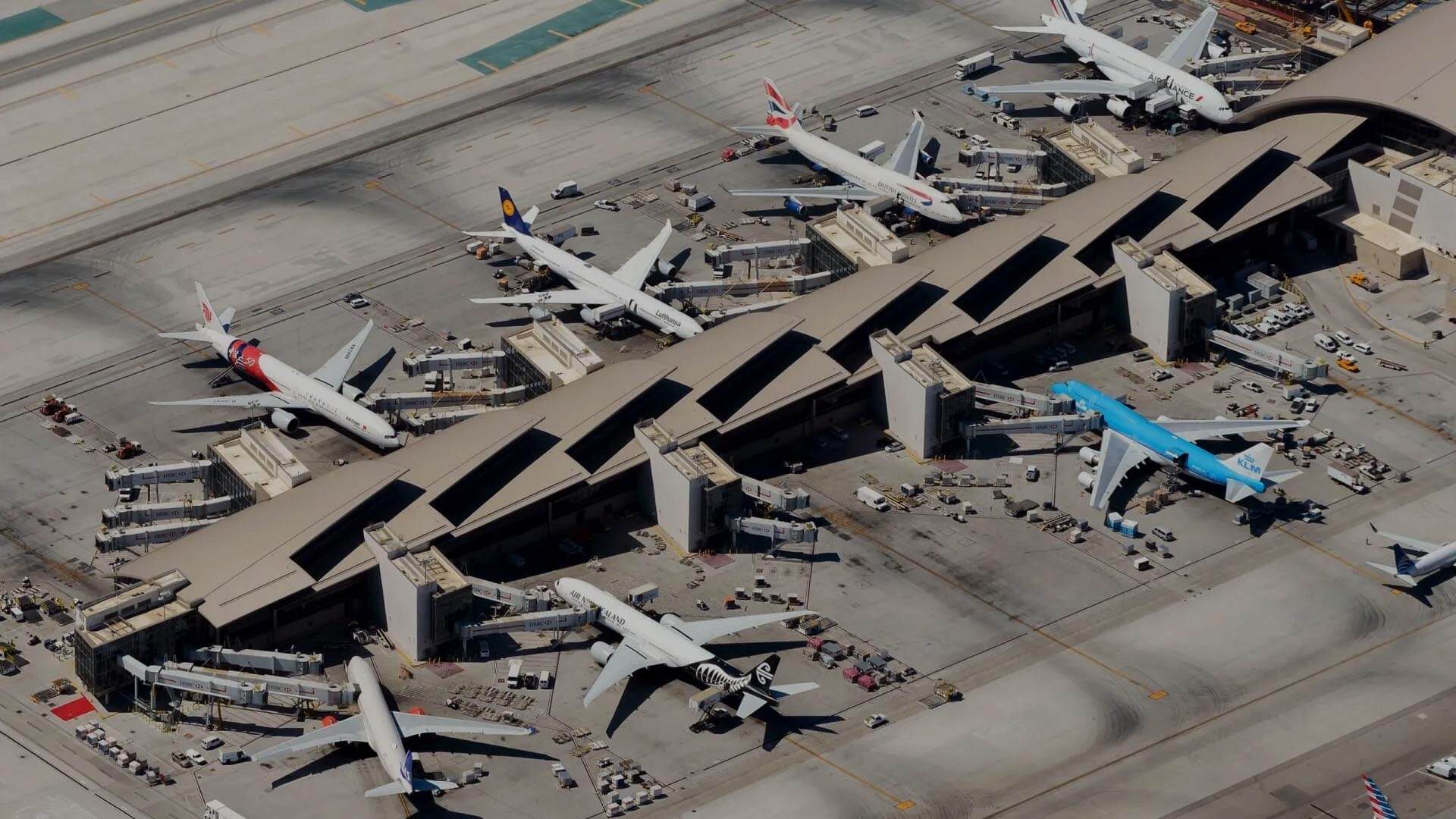When we think about a mistake in the case of retail, entertainment or any other industry that affects us every day, we realize that its effects are acceptable and reversible. Did you ever get the wrong e-commerce order? What are the worst consequences of such a situation? Let’s be honest, you will just order this product from another supplier. Maybe you won’t be content with this unpleasant situation but for sure it’s something you can fix and still continue with your daily activities.
Now think about the airline industry. What if there is a miscalculation in the flight control system? Error in the operation of the engine control system? Or perhaps improper operation of the emergency system, which is designed to respond to crisis situations? As you can guess, the consequences can be much more serious.
That’s why one of the main characteristics of aviation software is reliability.

